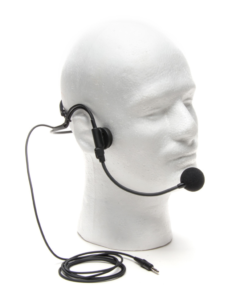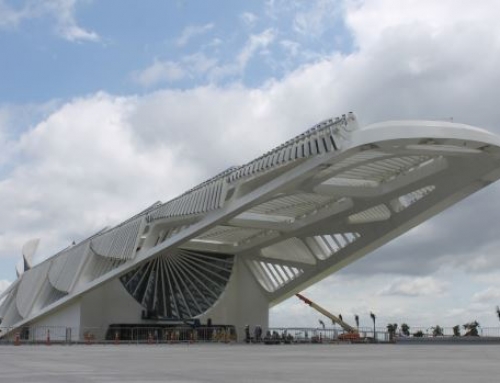How does an interpreter work ?
Interpreting is a paid service on a day-to-day basis. Therefore, when accepting a job, an interpreter blocks the contracted period, not being able to accept another job during the same period. We have included a cancellation clause in our contracts to protect us against last-minute unforeseen events that could make new job opportunities impossible.
Interpreters work in pairs, working up to 6 hours without splitting. After this period, additional hours are charged at 25% of the daily rate, per hour, up to a maximum of two hours. After 8 hours it is necessary to hire another team.
Upon entering the booth, the interpreters assigned jointly assume responsibility for the quality of the service provided. It is a team effort and, therefore, the remuneration of the pair must be identical for the same language combination. Rare languages usually have a different and higher rate.
Interpreting is quite tiring. It is therefore recommended that an interpreter’s working day does not exceed 8 hours, including two additional hours. In case of events longer than this, it is suggested to have teams of 3 people, in a relay scheme, to maintain the good quality of the interpretation. As each one of the extra hours is equivalent to 25% of a fee, hiring a third interpreter in an 8-hour event is equivalent to the value of 2 extra hours of 2 interpreters, that is, it does not incur costs for the client, compared to an event where the same 2 interpreters would be kept until the end.
There are some situations in which it is possible to charge additional fees: coordination fee, work on Sundays/holidays, copyright and lost profits.
This article was adapted from an Instagram post written by APIC – the Brazilian Association of Conference Interpreters
Meet some of our clients

How does an interpreter work ?






Leave A Comment